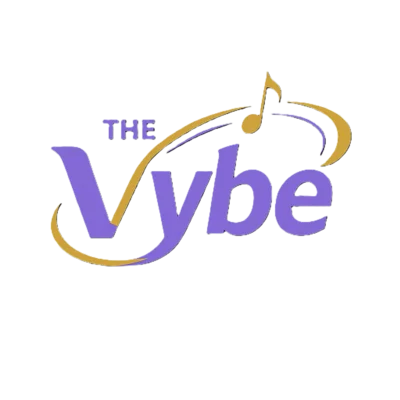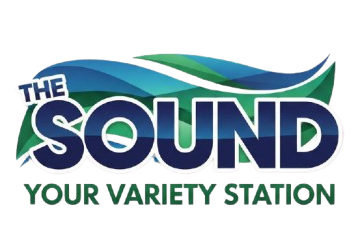Trenton Mitchell’s experience highlights a growing trend among families opting for charter schools as alternatives to traditional public schooling. As Trenton struggled with attention issues and declining grades, his mother, Traci Mitchell, sought a change that led them to The Delta Academy, a charter school offering an online program that better suited his needs and allowed him more flexibility for extracurricular activities like football.
This shift from traditional public schools to charter schools is part of a larger pattern observed in Clark County, where charter school enrollment has surged by 26% between the 2019-2020 and 2024-2025 school years. During this time, enrollment in the Clark County School District (CCSD) has decreased by over 8%, despite a 5% increase in Southern Nevada’s population. As a result, the district’s enrollment is at its lowest in over two decades, which poses financial challenges given the funding model that ties resources to student numbers.
The decline in public school enrollment is attributed to various factors, including the COVID-19 pandemic, which prompted a rise in homeschooling and interest in alternative educational models. Concerns about student safety, low academic performance, and contentious educational policies have also influenced parents’ decisions.
The debate over school choice reflects broader political divides. Republican Governor Joe Lombardo advocates for expanding school choice, including charter schools, while the Democratic-majority legislature has been cautious about diverting funds from traditional public schools. Recent legislative actions have included increased transportation funding for school transfers and pay raises for charter school teachers.
Despite increased funding for education, Nevada’s per-pupil spending remains below the national average, raising questions about the effectiveness of financial investments in improving educational outcomes. Proponents of school choice argue for accountability and innovation as necessary components for progress, whereas critics emphasize the need for adequate funding and resources for public schools.
Charter schools are seen as introducing competition that can drive improvements in traditional public schools. However, starting a charter school is a complex process, and many proposals are rejected due to redundancy with existing options or proximity issues. Existing charter schools often have long waitlists, indicating high demand.
CCSD has responded to these challenges by expanding its offerings, including magnet schools that provide specialized programs in areas like STEM and performing arts. The district’s change-of-school assignment process allows families some flexibility in choosing schools that best meet their needs.
Overall, the evolving educational landscape in Nevada reflects a dynamic interplay of parental choice, policy decisions, and the pursuit of quality education for all students. As enrollment patterns shift, schools are challenged to adapt and innovate to meet the diverse needs of their communities.

























